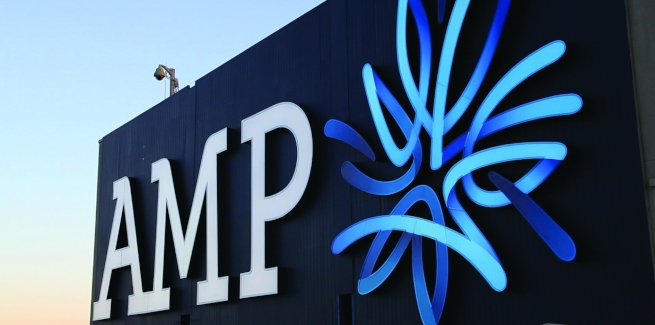Financial services group AMP Ltd has released its full-year results for the 2019 financial year (FY19), posting a 4.7 per cent decline in its underlying revenue, from $148 million to $141 million.
This came despite growth in its mortgage portfolio and deposits under management.
AMP’s residential mortgage book grew 3.8 per cent, from $19.4 billion in FY18 to $20.2 billion. The bank has reported compound annual growth (CAG) of 8.5 per cent in its mortgage portfolio since FY15.
The bank has increased its exposure to investor loans as a proportion of its total portfolio, up from 29 per cent to 31 per cent.
However, the proportion of interest-only loans fell, down from 31 per cent to 24 per cent.
AMP Bank remains highly exposed to the east coast, with loans originated in NSW, Victoria and Queensland making up 81 per cent of its total portfolio, most of which are from NSW (45 per cent).
The lender’s total deposits also grew, up 8.3 per cent, from $13.3 billion to $14.4 billion.
The bank’s net interest margin rose by 2 bps, from 1.68 per cent to 1.70 per cent.
Group profit slashed
Overall, AMP Ltd posted an underlying profit of $464 million, down 36.7 per cent from $680 million in FY18.
According to AMP, the decline reflects a “challenging environment” for its Australian wealth management business, which posted a 49 per cent drop in its earnings from $363 million to $182 million.
Customer remediation costs of $190 million were also reported for the second half of FY19.
The group’s wealth management business in New Zealand also took a hit, with its earnings falling by 17 per cent, from $53 million to $44 million.
Outgoing insurance business AMP Life fell further into negative territory, from a loss of $3 million in FY18 to a $21 million loss in FY19.
This was offset by an 18.6 per cent rise in AMP Capital’s earnings, up from $167 million to $198 million.
Reflecting on the overall result, AMP group CEO Francesco De Ferrari said: “2019 was a year of fundamental reset at AMP.
“We rebased our business, set out a new group strategy and strengthened our capital base to accelerate the execution of our strategy.”
Following the publication of its results, AMP Ltd also confirmed an adjustment to the short-term incentive (STI) remuneration terms for Mr De Ferrari, approving an increase in the maximum STI opportunity from 120 per cent to 200 per cent of the CEO’s base salary.
The new terms will be effective for the year ending 31 December 2020.
AMP noted that the change will only apply to the maximum STI opportunity achievable if all targets set for the CEO are exceeded.
Mr De Ferrari’s “on-target” STI opportunity remains unchanged, at 100 per cent of base salary.
Board changes
The group also revealed that Mike Wilkins AO will be retiring from the board and will be replaced by Michael Sammells, who has been appointed as a non-executive director.
According to AMP, Mr Wilkins’ retirement has come in light of increased professional responsibilities outside AMP.
Mr Wilkins’ retirement from the AMP Ltd board as well as the group’s risk, audit, nomination and remuneration committees will be effective from 14 February 2020.
The outgoing board member will continue to serve as a non-executive director on the board of AMP Life until the completion of the sale of the business to Resolution Life, which is expected by 30 June 2020.
AMP chairman David Murray thanked Mr Wilkins for his service to the bank.
“On behalf of the board, I would like to offer sincere thanks to Mike Wilkins. He has taken the decision to step down from the AMP board to manage his increased responsibilities outside AMP, and we wish him well,” he said.
“He has served AMP with distinction throughout his time on the board, particularly when he stepped into an executive capacity as interim chairman and CEO at a deeply challenging time for the company in 2018. He brought his considerable experience, insight and judgement to the leadership of the company, and retains the respect of our shareholders as well as our employees.”
Meanwhile, Mr Sammells’ appointment will be effective from 1 March 2020.
The new appointee will be assuming a position on the risk, audit and remuneration committees.
Commenting on Mr Sammells’ appointment, Mr Murray added: “We have secured a very capable board member in Michael Sammells.
“He has served in senior, complex financial and operational executive roles throughout his career and will bring valuable perspectives to the board.”
[Related: ‘Unusually strong’ lending growth won’t persist: CBA CEO]

